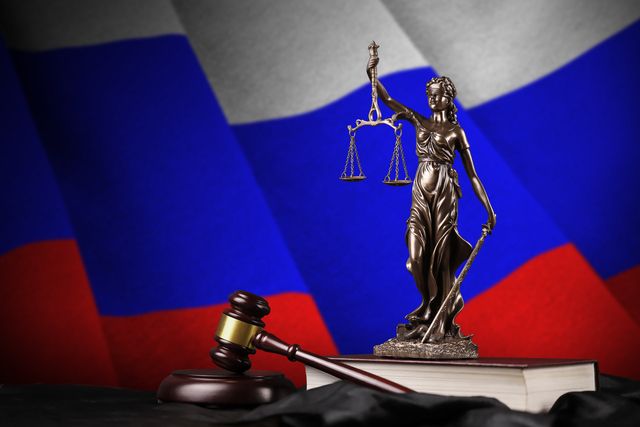Antonina Favorskaya faces charges in a crackdown on dissent, highlighting media freedom concerns in Russia.
In a move that has intensified concerns over media freedom in Russia, Moscow’s Basmanny district court has ordered journalist Antonina Favorskaya, known for her coverage of the trials of the late Russian opposition politician Alexei Navalny, to remain in custody on charges of extremism. The court’s decision to hold Favorskaya, also identified as Antonina Kravtsova, in pre-trial detention until at least May 28 follows her arrest earlier this month.
The proceedings, conducted behind closed doors, have sparked protest from Favorskaya and her legal team. Mediazona, an independent Russian news outlet, quoted her opposition to the closed process: “The press needs to know what’s going on here, what I’m being accused of.”
Favorskaya’s charges stem from her alleged involvement with Navalny’s Foundation for Fighting Corruption, which Russian authorities have designated as extremist. She faces up to six years in prison if convicted of involvement with an extremist group. Her detention on March 17 came after a symbolic gesture of laying flowers on Navalny’s grave, leading to an initial 10-day jail sentence for alleged disobedience toward the police. Following this period, authorities recharged her, prompting the recent court appearance.
The case against Favorskaya has been criticized as a targeted attack against journalistic activity, with Kira Yarmysh, Navalny’s spokesperson, defending Favorskaya’s role as a journalist and dismissing the accusations as baseless.
Favorskaya’s arrest is part of a broader clampdown on dissent in Russia, affecting opposition figures, journalists, activists, and members of the LGBTQ+ community. Her jailing coincides with the first anniversary of the arrest of Evan Gershkovich, a Wall Street Journal reporter detained on espionage charges, highlighting the precarious situation for journalists in Russia.
This case underscores the ongoing challenges faced by media professionals in Russia and the international concern over freedom of expression and the press. Favorskaya’s dedication to covering the trials of Navalny and other Kremlin critics has placed her in the crosshairs of a government increasingly intolerant of dissent, raising alarm among human rights and media freedom organizations worldwide.
